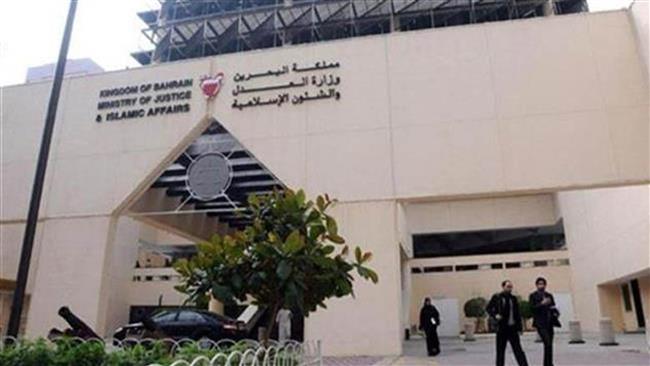(AhlulBayt News Agency) - The Council of Representatives (Majlis an-Nuwab) voted 31-1 for the measure on Tuesday, with three lawmakers not taking part in the vote.
However, the bill has yet to be endorsed by the 40-member Consultative Council (Majlis al-Shura), the upper house of the parliament, whose members are appointed directly by Bahraini King Hamad bin Isa bin Salman Al Khalifah.
"The Bahraini king is effectively creating a police state with this de facto martial law," Sayed Alwadaei, the director of advocacy at the Bahrain Institute for Rights and Democracy (BIRD), a London-based NGO, said in a statement released following Tuesday’s vote.
The bill removes limitations in the Bahraini constitution on who military courts can try.
Last month, a royal decree restored arrest and investigatory powers to the National Security Agency (NSA), Bahrain’s domestic spy service.
Human rights Watch (HRW) has denounced the decree, citing NSA’s involvement in the systematic abuse of Bahraini pro-democracy activists.
“Returning arrest powers to an intelligence agency that terrorized families and tortured detainees is yet another nail in the coffin for Bahrain’s post-2011 reform process,” said Joe Stork, deputy Middle East director at HRW, adding, “Detainees will not be safe in NSA custody and Bahrain’s oversight mechanisms are no guarantee of protection.”
Since February 14, 2011, thousands of anti-regime protesters have held numerous demonstrations in Bahrain on an almost daily basis, calling on the al-Khalifa rulers to relinquish power.
In March that year, troops from Saudi Arabia and the United Arab Emirates, themselves repressive Arab regimes, were deployed to the country to assist Manama in its crackdown on protests. Hundreds of Bahraini activists have been imprisoned and suppressed.
On June 20, Bahraini authorities stripped Sheikh Qassim of his citizenship, less than a week after suspending the al-Wefaq National Islamic Society, the country’s main opposition bloc, and dissolving the Islamic Enlightenment Institution founded by Qassim, and the opposition al-Risala Islamic Association.
Over the past few weeks, demonstrators have held sit-in protests outside Sheikh Qassim’s home to denounce his citizenship removal.
Bahrain has also sentenced Sheikh Ali Salman, another revered opposition cleric, to nine years in prison on charges of seeking regime change and collaborating with foreign powers, which he has denied.
Sheikh Salman was the secretary general of the al-Wefaq National Islamic Society, which was Bahrain’s main opposition bloc before being dissolved by the regime.
Things actually seem to be getting worse. The country’s only remotely critical newspaper, Al Wasat, which was shut down in 2011, has now been ordered by the government to close its online edition too after criticizing the executions.
/106

